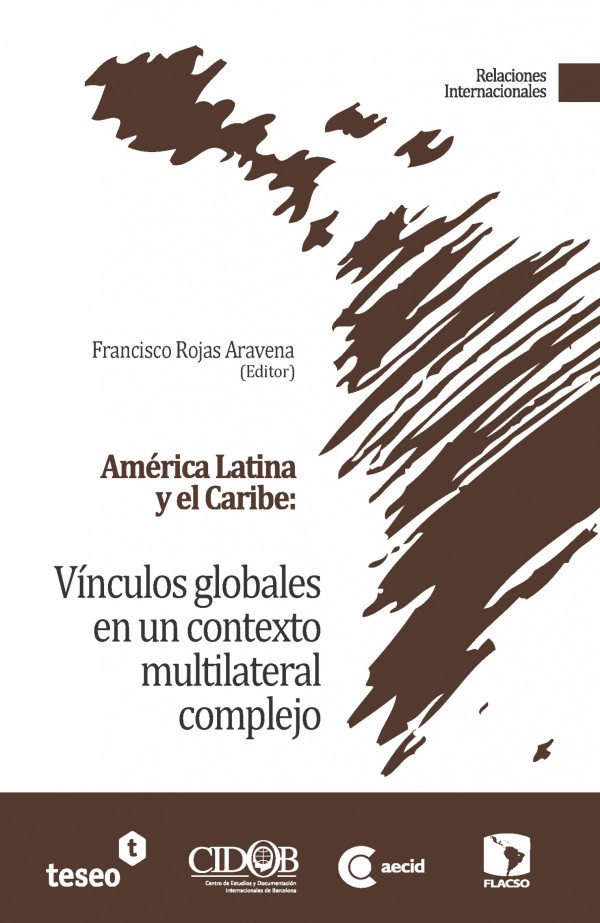América Latina y el Caribe es una región diversa y heterogénea en un mundo en mutación. Las formas y tipos de inserción internacional de sus países responden a miradas político estratégicas distintas y eso se refleja en sus relaciones con otras regiones del mundo. La asociación para la cooperación aparece como una demanda efectiva para satisfacer los intereses nacionales y regionales tanto en la Unión Europea como en América Latina y el Caribe. Esa cooperación requiere establecer vínculos entre los diversos foros y procesos de coordinación, cooperación e integración multilateral, regional y birregional dentro de una lógica de gobernanza multinivel acorde con los cambios que conlleva la creciente multipolaridad. Para que la región latinoamericana y caribeña aumente su influencia en el nuevo multilateralismo en construcción deberá enfrentar un gran reto: construir una posición común en áreas prioritarias, diseñando, además, un proyecto político estratégico que guíe su inserción en el sistema internacional. En este sentido se observa en América Latina la emergencia de nuevas formas de asociación a nivel intrarregional que se distinguen de los antiguos mecanismos de integración. Asimismo se desarrollan entre las naciones de la región y los países y grupos de países fuera del continente nuevas relaciones que muestran la forma en que América Latina se está insertando en un sistema con múltiples actores. Ejemplo de ello son los BRICS y el G-20.




















